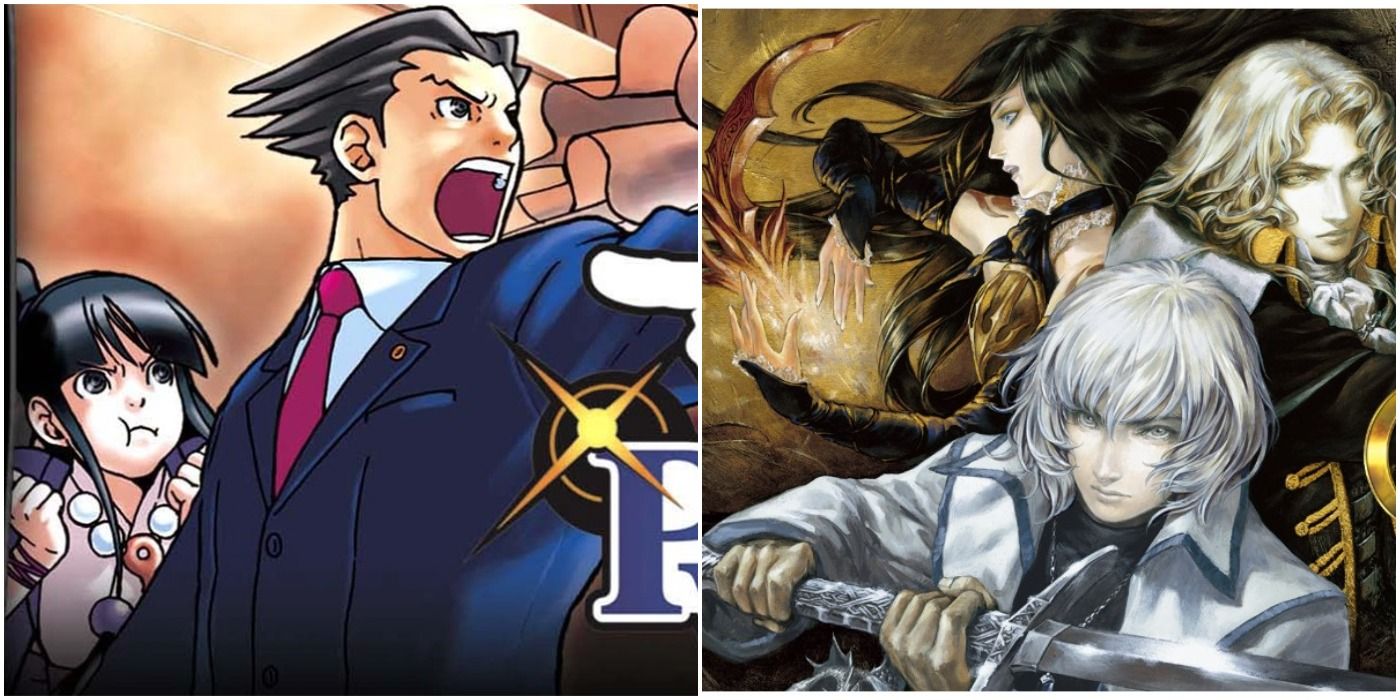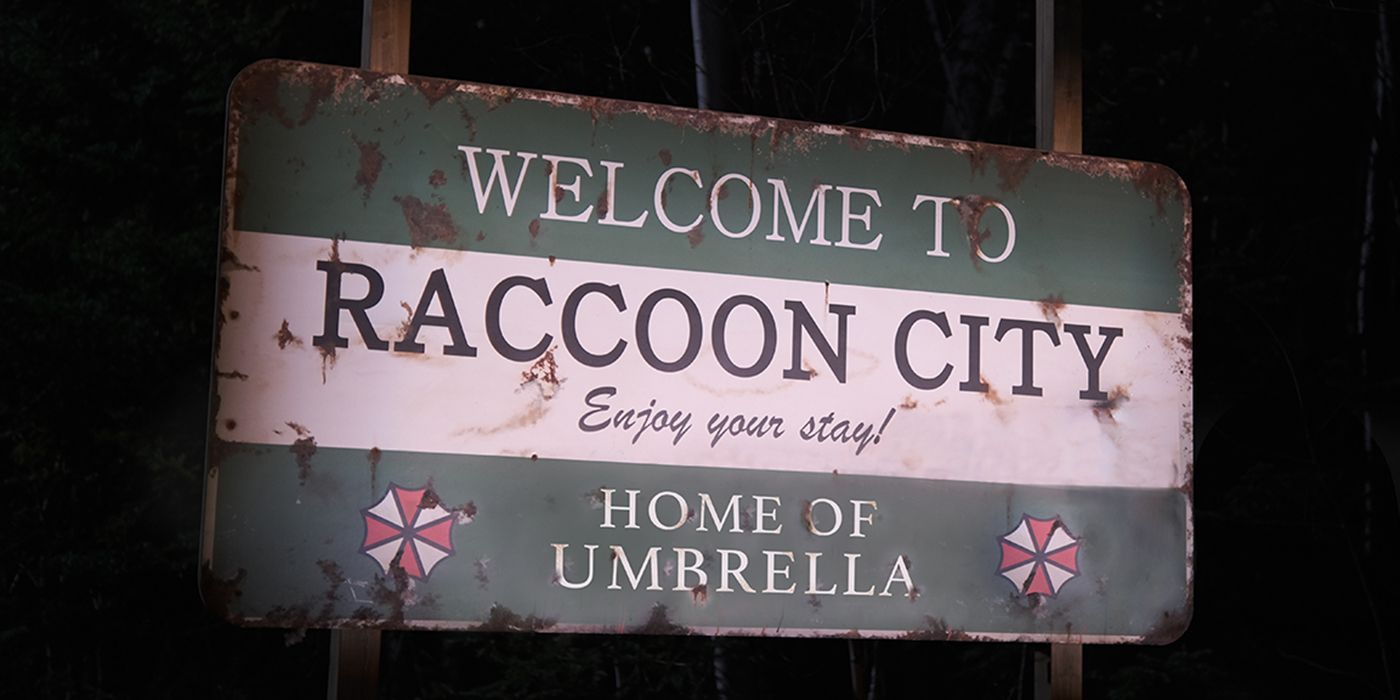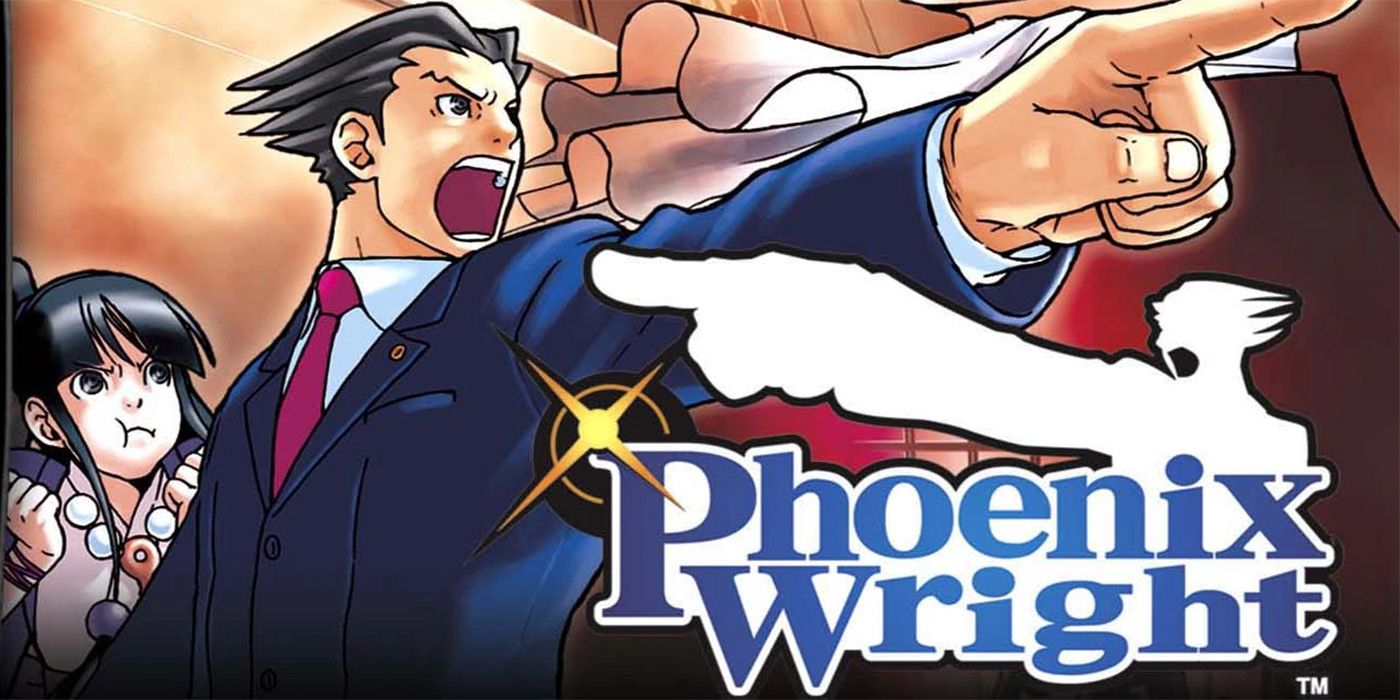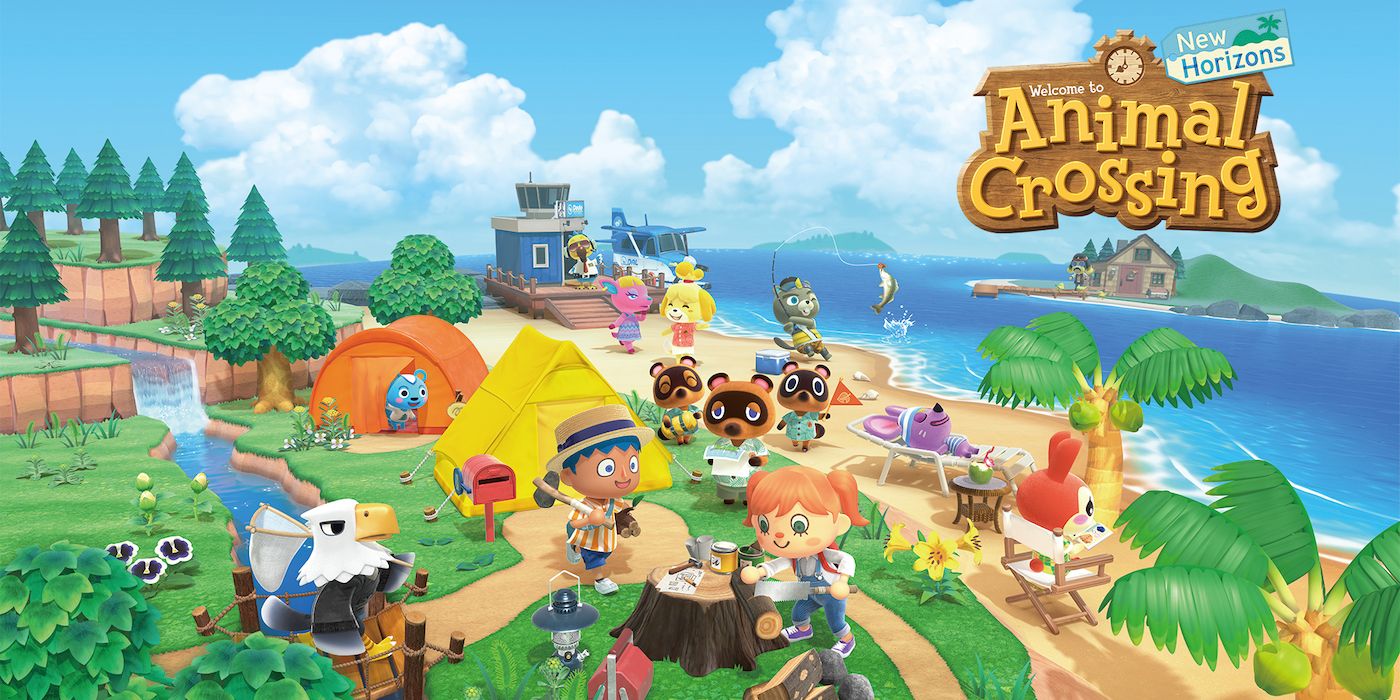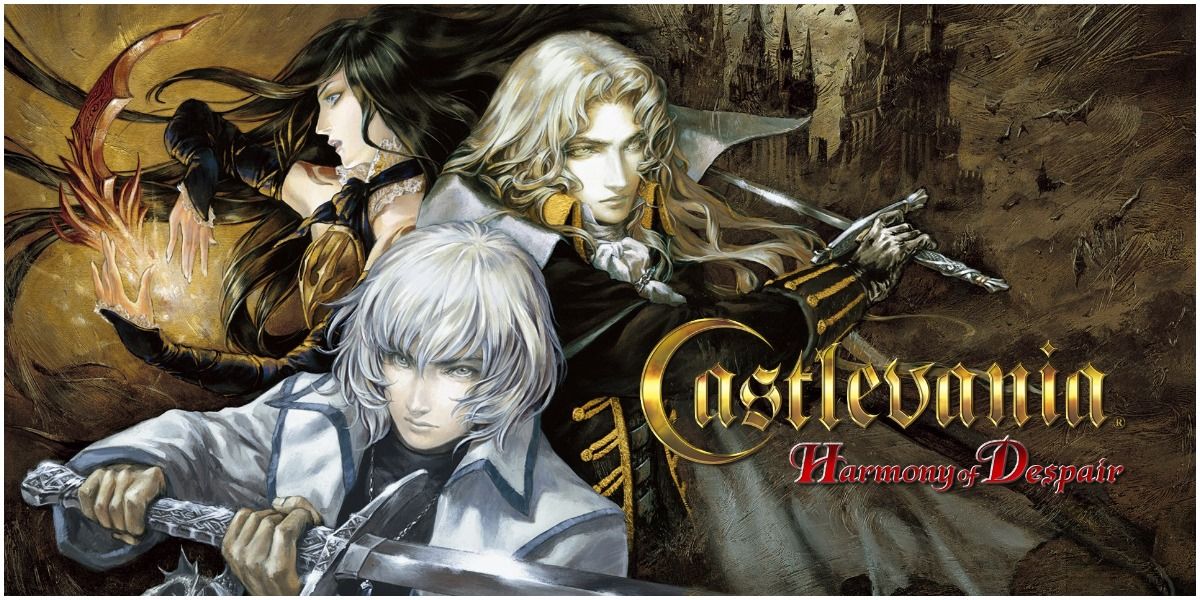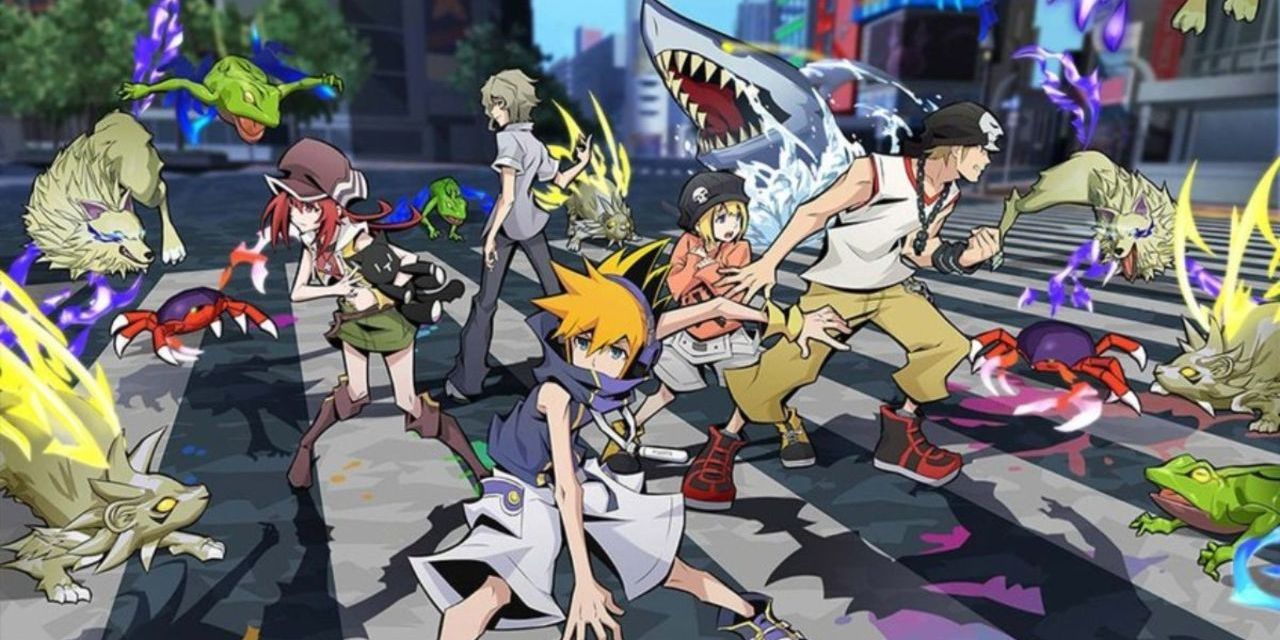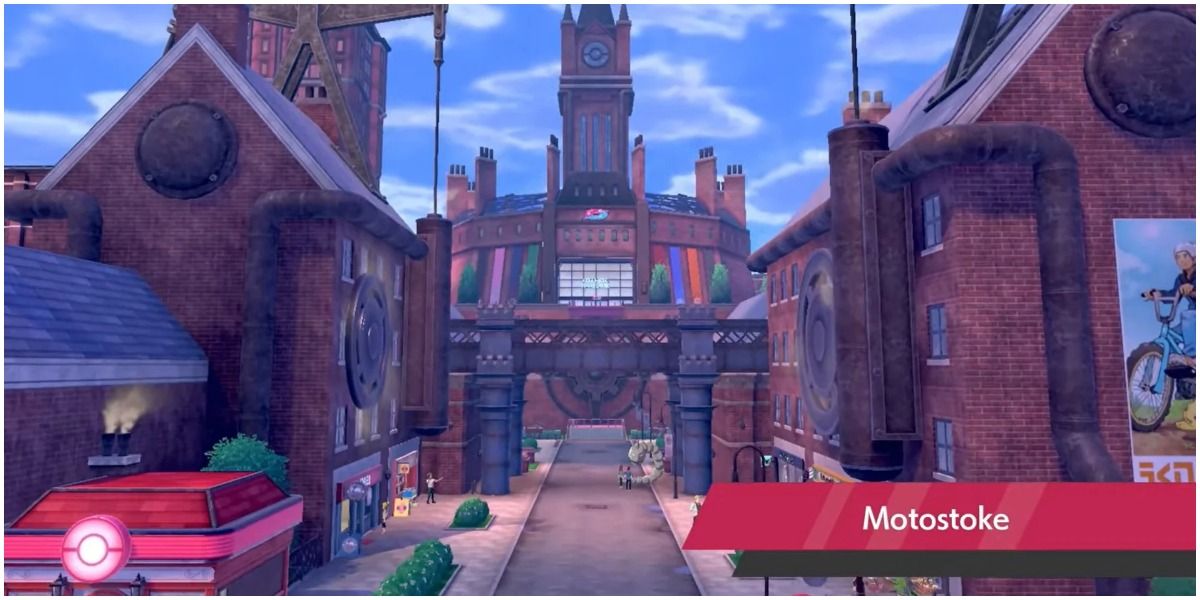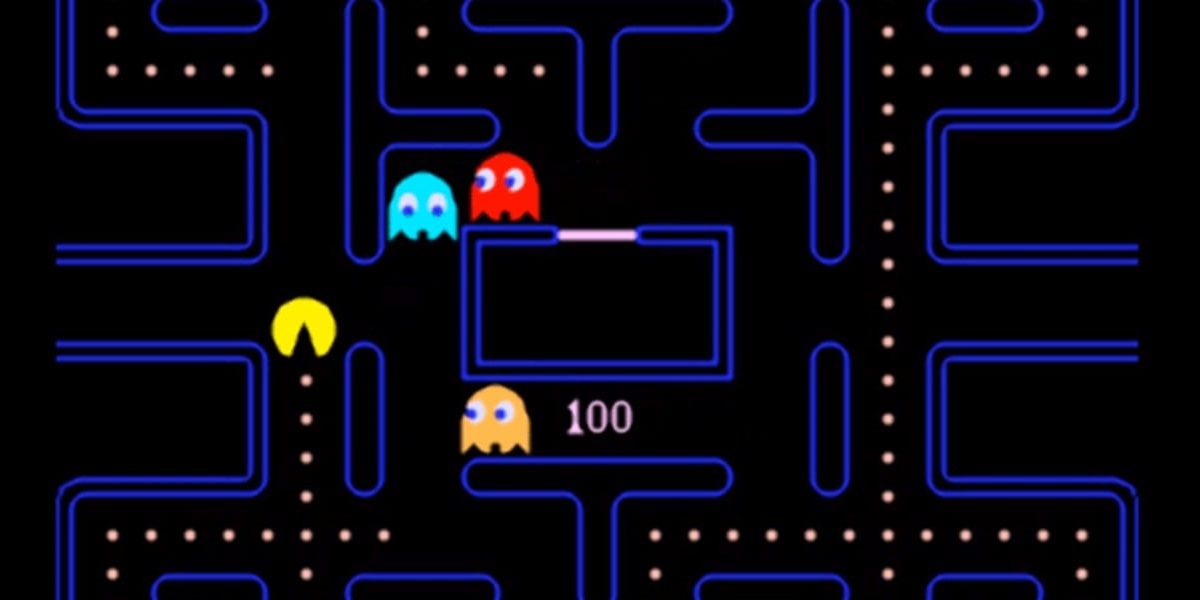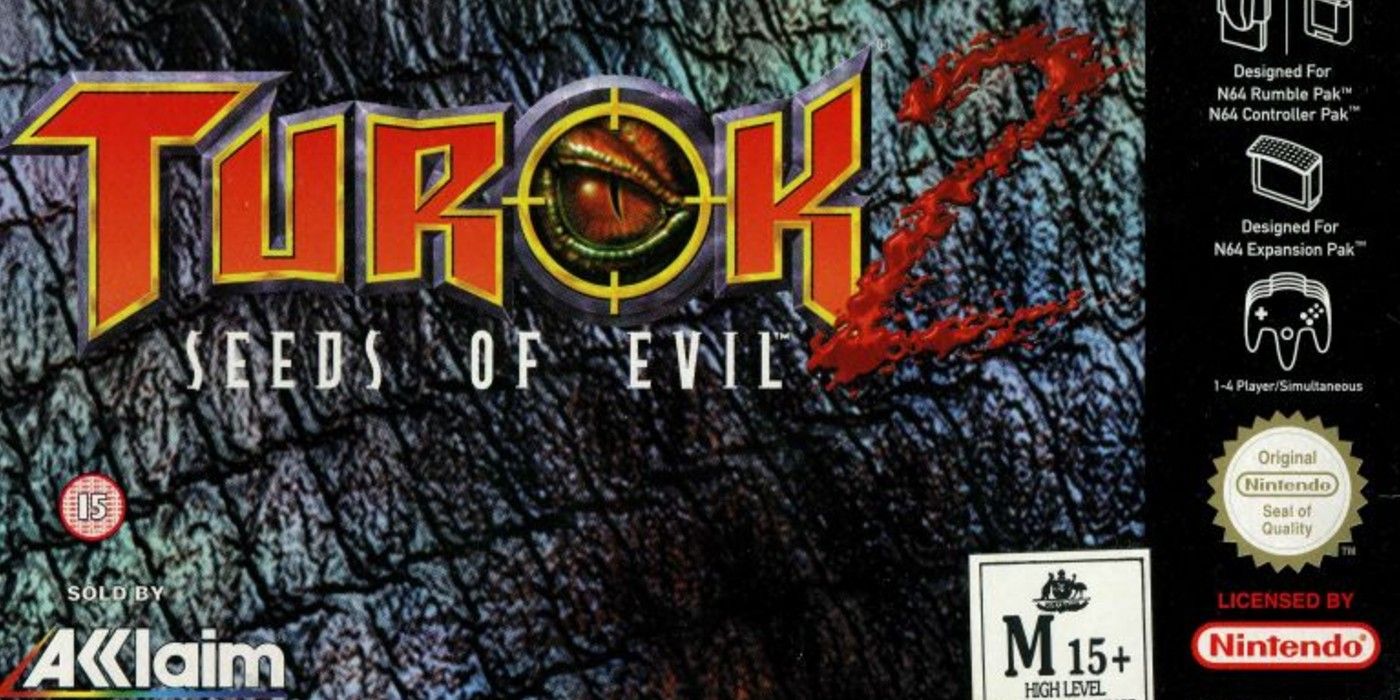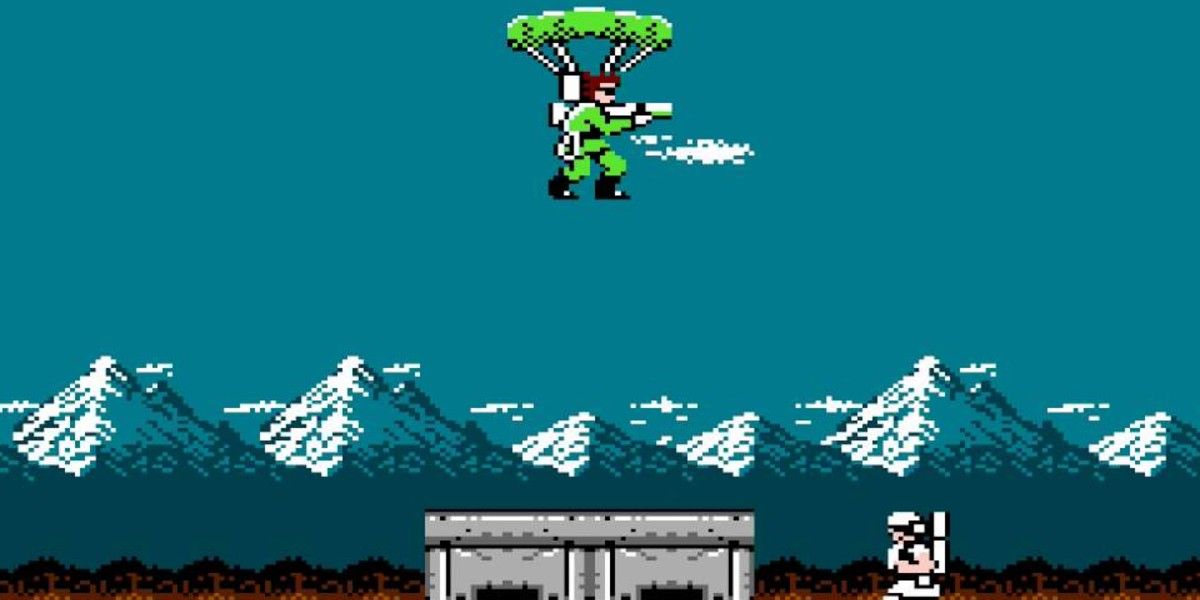Localizing foreign games for international releases is always a long and involved process that takes many factors into consideration along the way. A big focus during localization is the specific cultures of the target countries in question. Not only might text need to be translated, but it might also need to change around its spelling or use of slang so the game can be better understood internationally.
Japanese and East Asian cultures are very different from Western ones, and a lot of changes typically need to be made when releasing a Japanese game internationally. The game's title is a crucial consideration when localizing, for both copyright and marketing reasons especially. There are several games with completely different titles than their Japanese counterparts, with the new titles aimed at appealing to a wider audience than just Japan.
10 Resident Evil Is Originally Known As Biohazard
In fact, in Japan, the game is registered under the title, Biohazard. When looking to overseas distribution, Capcom noticed that getting the game registered under "Biohazard" would prove difficult in the US since there was already a New York punk rock band called Biohazard and a DOS game also registered under the same name. Capcom held a contest amongst their staff to choose a name for marketing overseas and "Resident Evil" won. "Biohazard" captures the series' main focus on biological weapons, but Resident Evil captures the idea that "evil" could be lurking closer than you expect.
9 The Ace Attorney Series Is Originally Gyakuten Saiban (Turnabout Trial)
The series' original name literally translates to "Turnabout Trial," so it makes sense thematically. But marketing a game with such a literal and descriptive title would understandably be difficult in Western countries, so Capcom released it as Phoenix Wright: Ace Attorney overseas. Interestingly, this game is only semi-localized. Original Japanese pun names were changed to similar pun-like English names, such as Ryuuichi Naruhodo being changed to Phoenix Wright.
The "ryuu" in "Ryuuichi" is phonetically similar to the Japanese word "dragon," which is a mythological creature like a phoenix. "Naruhodo" is a term meaning something along the lines of "I understand," while "Wright" is a pun on the English word "right." While the localized game takes place in Los Angeles instead of Japan, other aspects of the game keep their Japanese cultural references.
8 Animal Crossing Is Titled Dōbutsu No Mori (Animal Forest) In Japan
Dōbutsu no Mori translates literally to "Animal Forest," which is a fitting title considering the game's setting. This social simulation game first released on the Nintendo 64 in 2001 and has maintained a dedicated fan base ever since. The word "crossing" contains several connotations, but considering the game focuses on a human player interacting with anthropomorphic animals, it's fair to assume that the meaning of "crossing" in Animal Crossing relates to the relationships fostered with the animal residents.
7 Castlevania Was Changed From Devil's Castle Dracula
The Japanese title proper is Akumajō Dracula, which translates to "Demon's Castle Dracula" or "Devil's Castle Dracula." The name was changed because the Konami of America senior vice president at the time, Emil Heidkamp, believed the title translated to "Dracula Satanic Castle." The title Castlevania manages to capture the main focus of the game (i.e., Dracula's castle) and connotations of Transylvania, which is the historical motherland of vampire lore popularized by Bram Stoker's Dracula. It's definitely a catchier title than the mouthful that is "Devil's Castle Dracula."
6 The World Ends With You Was Originally Titled Subarashiki Kono Sekai (It's A Wonderful World)
Called Subarashiki Kono Sekai in the Japanese language, this game came into some trouble during localization due to its literal title translation matching a preexisting 1930s movie titled It's a Wonderful World. Subarashiki Kono Sekai was officially released overseas under the English title The World Ends With You in 2008. The new title is arguably more mysterious and exciting than its literally translated original title. Moreover, "It's a Wonderful World" carries happier connotations than the game's actual content, which is focused on deceased teenagers competing in the afterlife. The World Ends With You is more fitting.
5 Pocket Monsters Was Changed To Pokémon
Although this franchise is commonly called "Pokémon," even in Japan, it's technically a portmanteau combining the words of the full title, Pocket Monsters. The original title is literal to a fault, as Pokémon are creatures that can be carried in small balls and potentially stored in one's pocket.
Pokémon has a much punchier sound to it while also giving Western audiences the illusion that it's a special term, so it makes sense that overseas marketing clung to the portmanteau as an official international title instead of Pocket Monsters.
4 Pac-Man Was Initially Titled Puck Man
Puck Man is another title that's completely literal since it refers to the titular character's hockey puck-like appearance. Pac-Man sounds decidedly better than Puck Man, but the reason for the franchise's name change overseas is pretty interesting. Since Pac-Man released during the arcade era, the original name was changed to prevent arcade goers from defacing the title with an expletive. Replacing the "P" in "Puck" with an "F" changes the character's name to a rather naughty word. This international name change was for the best.
3 Zero Was Released As Fatal Frame In The US
Interestingly, this overseas release did maintain its original Japanese title in Europe and Australia, where it was released as Project Zero. The original Japanese title is supposed to relate to the idea of ghosts as "beings of nothingness," while also relating to an optional reading of the word "zero" as "rei," which can mean "spirit" or "soul" in Japanese.
Fatal Frame is a survival horror game focused on defeating ghosts with the Camera Obscura instead of a battle-focused method of attack. Accordingly, the phrase "fatal frame" carries more survival horror weight than "zero."
2 Turok 2: Seeds Of Evil Was Released In Japan As Violence Killer: Turok New Generation
There are at least two main problems with the Japanese title for Turok 2. The first and most important issue is failing to put the original franchise's name at the beginning of the title. Considering this was a sequel game, the familiarity of the first game's title is going to be key in selling it, so the first game's title should be center stage. Secondly, "violence killer" isn't a very clear indication of what the game is about since "violence" could mean anything.
1 Bionic Commando Was Originally Known As Hitler's Resurrection: Top Secret
This problematically titled 1988 game would have never seen an international release without a much-needed content change. Not only is the title arguably unsellable, but the actual content of the game contained Nazis, swastikas, and the final boss was a literal representation of Adolf Hitler. The international release changed the title and removed all swastika imagery. Furthermore, Hitler's name was changed to "Master-D" and the neo-Nazis (or "Nazz") were renamed to the "Badds." The game sold poorly in Japan upon its release, although it's not hard to guess why.

